How persistent feelings of guilt urged me to acknowledge my privilege and embark on a series of small, imperfect changes designed to add up over time
By Adele D’Souza
With distressing news constantly at our fingertips and atrocities spilling out from all corners of the globe, I often find myself weighed down by a sense of heaviness and stress.
From polarising pandemic discourse to the uncertain impacts of climate change – the list of things to feel worried about seems to perpetually grow. Though, while overwhelm is no stranger to me, recently I have noticed a newer and less familiar guest: guilt.
Psychologically speaking, guilt typically emerges when someone believes they have done something morally wrong. It has been described as a natural, ‘self-conscious emotion’ that can be equal parts pervasive and distressing, if ignored.
For me, it shows up as overthinking, worrying and trouble sleeping. Sometimes I even feel guilty for enjoying the little pleasures in my life (apparently, others do too), making me question how much of an impact I can really have.
In case you couldn’t already tell, sometimes I feel like the weight of the world is propped up on my shoulders. And this guilt that I am not doing ‘enough’ weighs heavily on me (and I wonder why I always have neck pain).
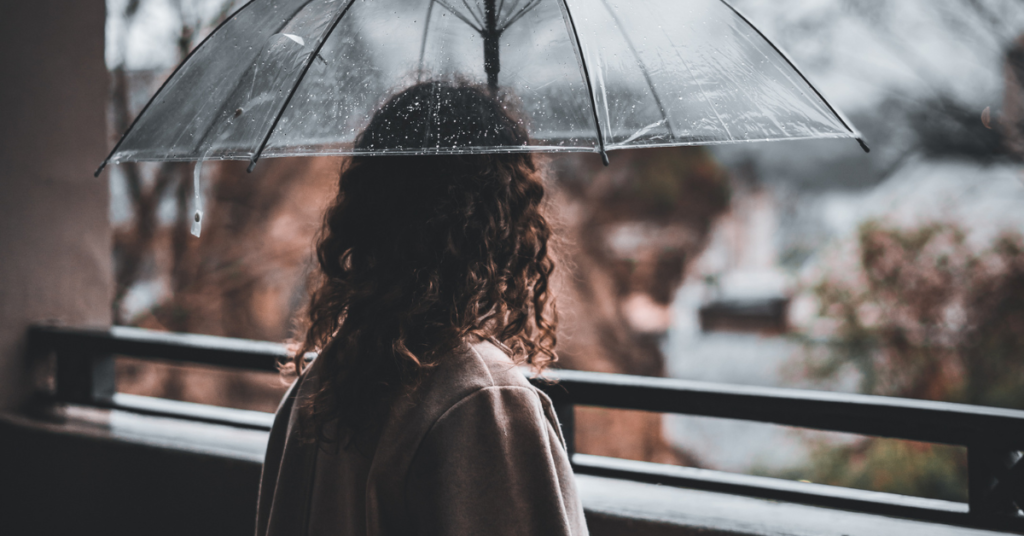
Image: By Rosst400 on Canva
Since the pandemic lockdowns in Melbourne, these feelings have been a fixture of my consciousness more often than I’d like, especially in moments of vulnerability when I try something new or feel unwell and burnt out. When these feelings arise, the loudest thoughts in my mind seem to be:
How can I enjoy this when I know how much others are struggling?
How am I still feeling sorry for myself when others have it so much worse?
No matter what I do, it never feels like enough.
Can you relate? If you’re reading this, I imagine you probably can. So, rather than let these feelings of guilt weigh me down endlessly, I have found myself wondering: is it possible to channel this onslaught of guilt into positive action? This is what I’ve found.
Disaster news and its emotional toll
During the pandemic, most people’s media consumption increased tenfold. Socialising, working, studying, keeping up-to-date with the latest on things we care about, and even entertainment – we can’t escape being online. Even though life somewhat replicates ‘normality’ now (if that even exists) our habits and routines have drastically altered.
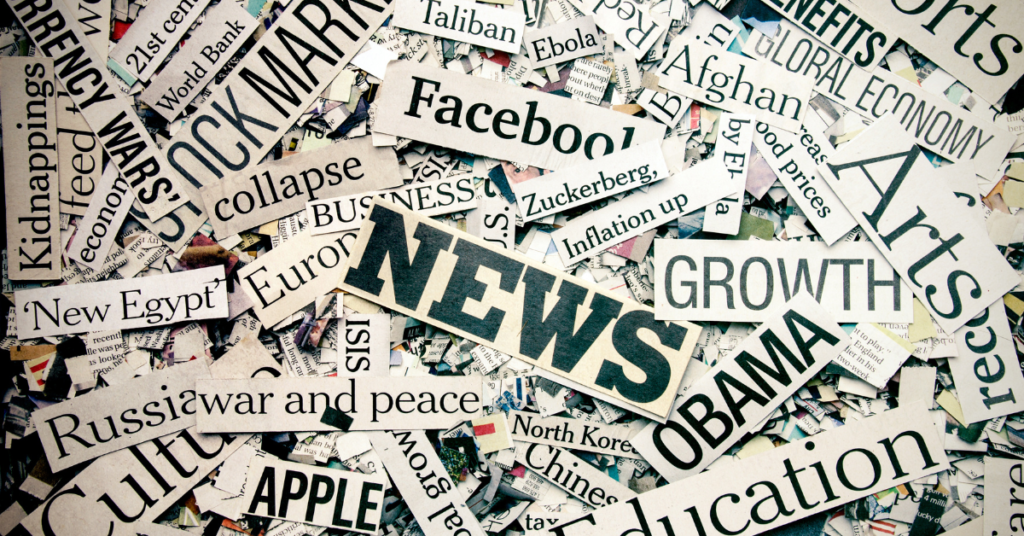
Image: By Davincidig on Getty
More often than not when we spend time online, we are bombarded with sensationalist news and attention-grabbing headlines – not only from our region but from across the world. The minute-by-minute reporting takes an emotional toll on all of us. And even if we want to reduce our consumption of media, the urge to refresh is like an itch that must be scratched.
What is happening in India where my grandparents live?
Are my friends in Ukraine safe?
What about my colleagues in America, will gun legislation finally be changed?
And instant notifications and group chats don’t make switching off any easier. We are conditioned to crave the validation that comes with new notifications. Our brains release dopamine each time our phone buzzes with a like, comment, or message, reinforcing the reward system that being online has created. The learned behaviours of online connection render it very difficult to cut ourselves off. And god forbid we miss something important.
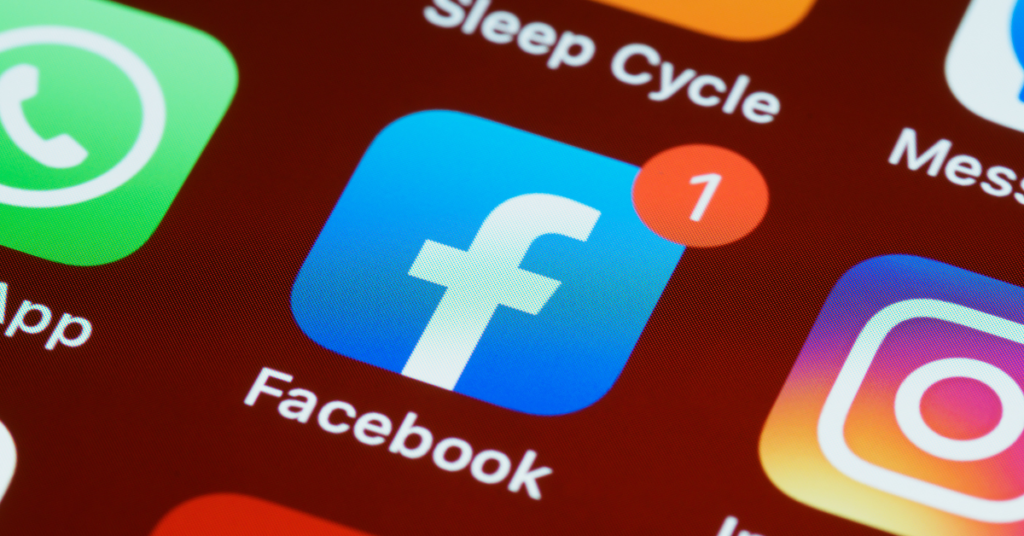
Image: By Brett Jordan on Pexels
Leveraging self-awareness to find the root of your guilt
To tackle these emotions head on, rather than letting them fester, I went on a quest to try and uncover the roots of my guilt. What I soon realised is that these feelings were not new, just heightened.
I remember, particularly at the peak of the Black Lives Matter (BLM) protests after George Floyd’s murder, I had felt similarly; overwhelmed, exhausted and riddled with guilt.
Even though I am a BIPOC woman born to immigrant parents living in Australia, I knew I had to educate myself in the areas of racism where I felt ignorant and I very quickly felt overcome with exhaustion and empathy or ‘compassion fatigue’.
I felt guilty because, for the most part, my experience of growing up in a western country as a woman of colour was one filled with acceptance and opportunities. In some ways, I could switch off from racism and go about my daily life.
My guilt stemmed from the fact that my basic human rights are largely met and far exceeded, unlike millions of people in the world who look just like me. And it is here that I have a choice: continue to feel guilty or listen to what it’s trying to tell me and do something about it. And, as you can probably tell, I chose the latter.
I wanted to use my guilt to further acknowledge my privilege, and came across the writings of Aja Monet, a poet and activist advocating for racial justice and systemic equality. In her collection My Mother Was A Freedom Fighter, she writes:
“Privilege is a mask no one wants to take off; privilege is knowing there are parts of this earth occupied for your leisure, your convenience, your entitlement, your tourism… privilege is writing a poem.”
– Aja Monet

Image: Pexels
With privilege comes responsibility, and with responsibility often follows guilt
Another arena where my guilt is felt strongly is when I try to reduce my environmental impact on the planet. Working and studying in my room for the better part of the last two and a half years, the encroaching piles of ‘stuff’ that I have kept to reuse, repurpose and donate is ever-growing. Paper bags, cardboard, gift boxes, and empty bottles continue to pile up, awaiting their day of rebirth as something upcycled.
‘Perhaps I can refill these small bottles with moisturiser when I go on a trip? Maybe I can cut up the gift boxes and give them to friends as bookmarks? Should I flatten out this paper from the florist and reuse it to wrap presents?’
These ‘brilliant’ ideas come to me often, momentarily alleviating the shame I would feel if I were to throw them in the bin. That shame, of course, is quickly replaced by guilt as I realise that, months later, I haven’t brought any of these ideas to fruition.
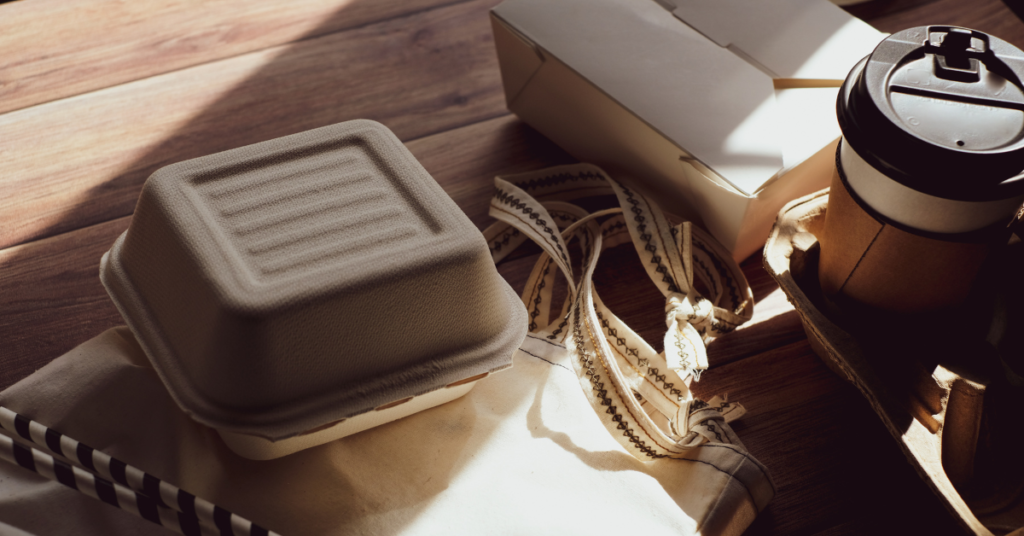
Image: By PaullynnPhotos on Canva
Keeping it all isn’t exactly a suitable solution to reduce the overflowing piles of landfill in the country and offshore. But this ‘stuff’ clutters my mind and my space, making it unsustainable for me, the people around me, and the planet. I know the answer lies in accumulating less of it to begin with, but truly decluttering could take ages, meanwhile the planet is dying.
The B Corp movement gives me hope. While the uber-minimalist lifestyle works for some, this woman wants her night cream and to gift her friends beautiful florals on their birthdays. Certified B Corporations help me to make sustainable choices, as I know my money and consumption is going towards creating a better world. As B Corps put purpose over profit, guilt-free choices are accessible and easy. Ah, yes please!
The two sides of the perspective penny
Perspective – the practice of zooming out, taking a step back and looking at the whole picture – can be an important tool for combatting debilitating thoughts. In some ways, it helped me realise that the constant barrage of news and use of social media was not only instigating guilt, but invalidating my feelings too.
That realisation was useful. But trying to gain perspective can also lead to even more guilt. You can start to think things like ‘just get over it’ or ‘it’s not even bad,’ piling even more guilt on top of the guilt you’re trying to dissipate in the first place!
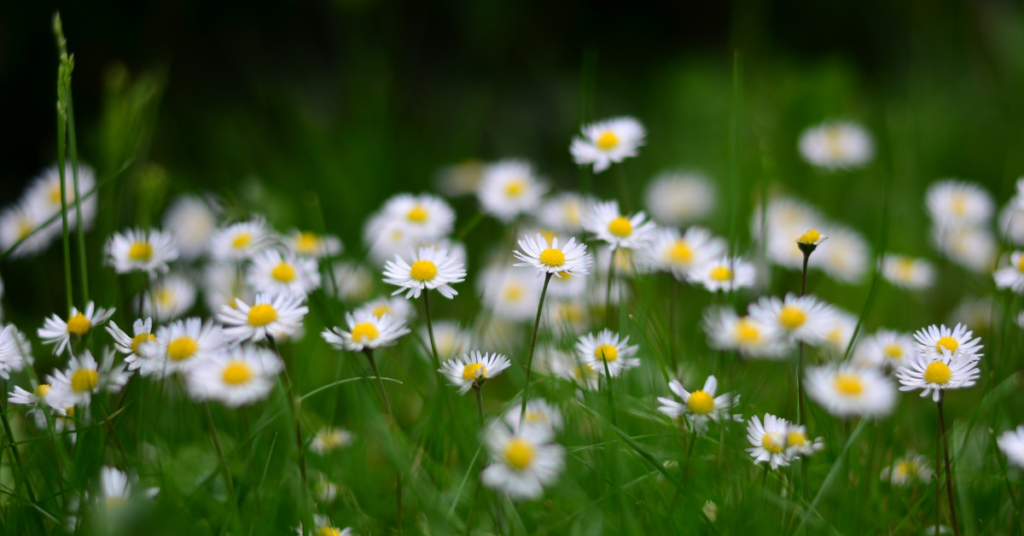
Image: By Kareni on Pixabay
Gratitude for the B Corp and better business movement
Over the past few months, I am grateful for the chance to unravel my guilty conscience and put it to good use interning at B Lab Australia and Aotearoa New Zealand. And one important message that has come through loud and clear during my time here has been that:
Improvement is not an ‘all or nothing’ prospect; imperfect, small steps forward build momentum for meaningful change.
It has been inspiring to hear the founders of B Lab recently acknowledging their privilege and owning what they don’t know, as three white men. I have been working amongst like-minded people who are committed to working hard and always doing their best, and who aren’t afraid of learning lessons through failure. And, of course, the Certified B Corporations who are devoted to doing better business and leading the shift for a more inclusive and equitable global economic system.
In the end, taking imperfect action is all we really have when it comes to tackling the highly complex issues of today.
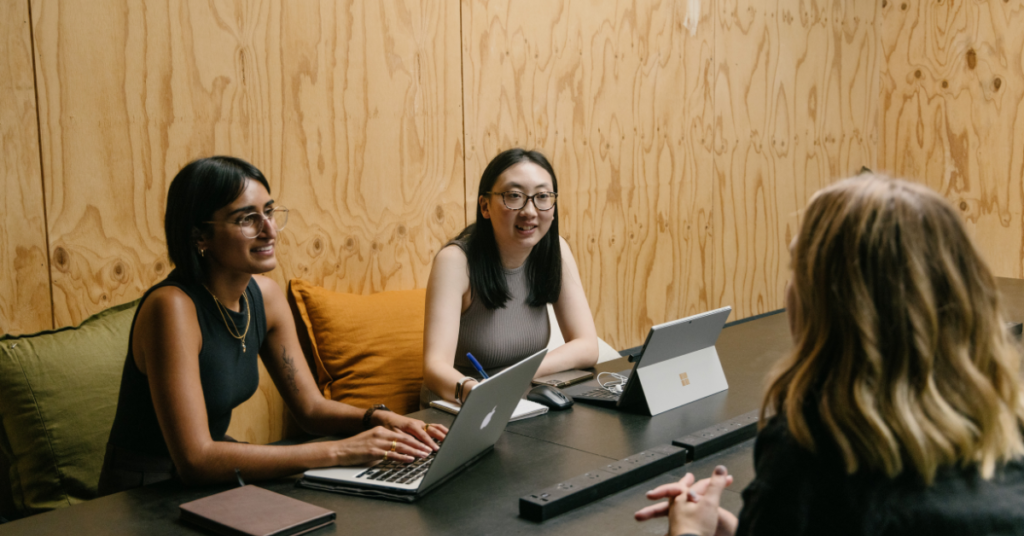
Photography by Jactina Keefe
Creating conscious, intentional solutions
I have come to learn that being able to separate systemic shortcomings from personal responsibility is critical, if you want to do this work for the long haul. Understanding the difference between these two forces has been crucial to coping with my guilt and improving my emotional wellbeing day-to-day.
Realising that individual solutions are not the only answer to collective problems is important – systemic problems require systemic solutions. That’s not to say that we can’t make change on an individual level, nor that systems aren’t made up of people – more that we sometimes have to acknowledge our limitations and the extent to which we can truly make an impact.
By scaling down the issues you care about, and tackling one thing at a time, you are better equipped to mobilise change. Overwhelm creates inertia, and inertia blocks change.
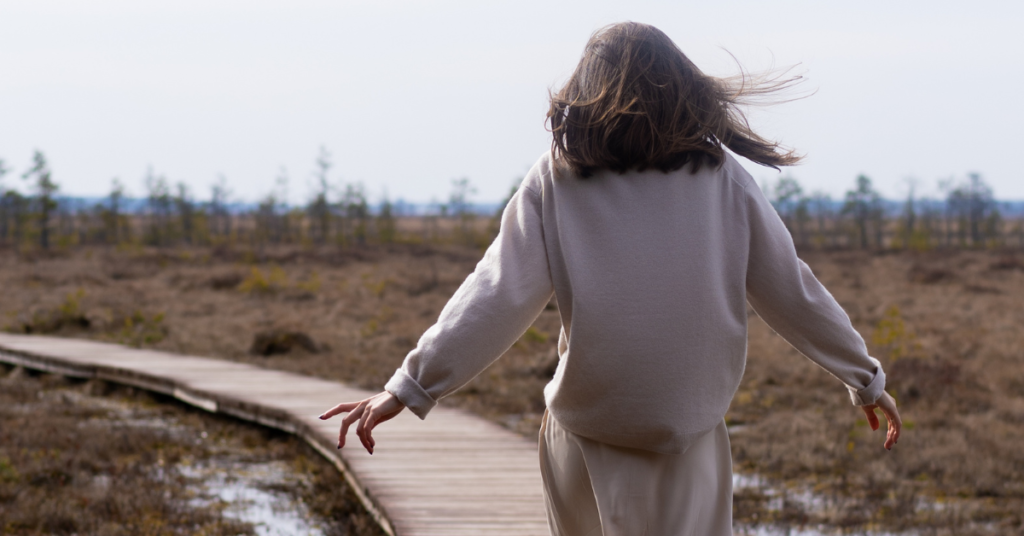
Image: By Ksenia Kartasheva on Pexels
Sometimes, the best you can do is put your takeaway container in the correct bin (because you already have 50 stacked up in the cupboard, and your Facebook community is containered-out too).
Sometimes, the best you can do is compost stale food without punishing yourself for wasting it in the first place.
Sometimes, even though you’re trying to declutter, the best you can do is buy your new work blazer from a B Corp because at least you know your purchase is being used as a force for good.
You can also choose, as I have tried to, to harness guilt and use it to fuel your activism. You can remind yourself, as I try to, that all work is significant and each small change has a larger ripple effect.
While we might not be able to, in good conscience, entirely rid ourselves of guilt, we can use it to guide us towards sustained and imperfect positive action.
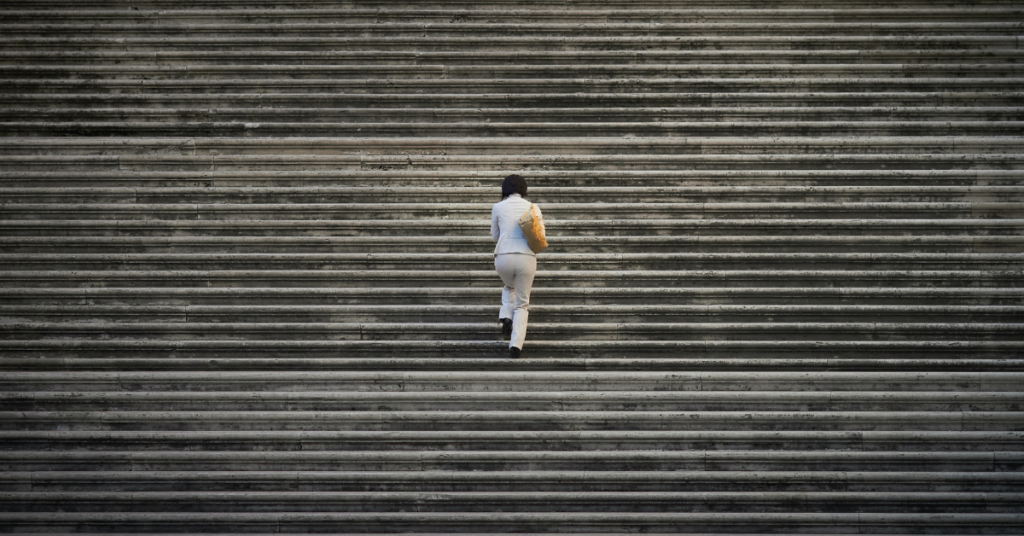
Image: By Vidar Nordli-Mathisen on Unsplash
Some ways to channel your guilt into positive change
One of the plus sides of all of the copious information I was digesting daily online was that I became acutely aware of some important gaps in our society that desperately need closing.
While online content has immense power to inspire, connect and promote growth, curating a space that’s beneficial for you and your wellbeing is crucial, and carving out intentional time to catch up on current affairs – on your terms – can be beneficial too. This way, depending on my own emotional needs, I can take in world news in a way that does not sacrifice my own health, and therefore negatively impact others.
When the guilt started getting too much, I created this list of things that were in my control and that I could take action on and I’m sharing it here in case it helps you too:
- Attend protests and buy from Blak-owned or minority-owned businesses like Clothing The Gaps
- Advocate for First Nations and BIPOC rights by signing petitions, educating myself, finding ways to celebrate First Nations’ culture, and share what I learn with people around me
- Read books like The Hate You Give and The Shape of Sound to broaden and invite new perspectives, evaluate and break down my own biases, and bring empathy and compassion to others’ lived experiences
- Put limits on news intake and be more deliberate about which notifications I need to receive and when (VeryWellMind recommends up to 30 minutes of social media and news exposure per day, combined!)
- Work with local councils and environmental organisations to help protect the planet in a tangible way
- Volunteer with organisations and give my time and skills to causes I am passionate about
- Donate to charities and participate in fundraising events to raise awareness and money for crises around the world such as Camp 4 Afghanistan, which enabled me to stand in solidarity with vulnerable Afghans despite the oceans between us.
Imperfect action and balanced priorities: the anti-guilt sandwich
Consciousness, balance and intention are key to creating meaningful change. So, if I could finish with one piece of advice it would be: to listen to what your guilt is trying to tell you and channel it into a means for proactive change.
Direct your efforts towards things you can do. Hold yourself accountable.
I’ll be right there with you.
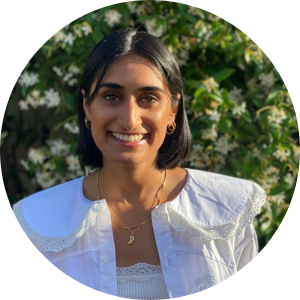
Adele D’Souza (she/her) is currently interning at B Lab Australia and Aotearoa New Zealand, while she completes her Masters in Publishing and Communications at the University of Melbourne. She is passionate about leveraging the power of storytelling and communications to empower and educate people on causes that matter, aspiring to make a positive difference in people’s lives and on the planet.

